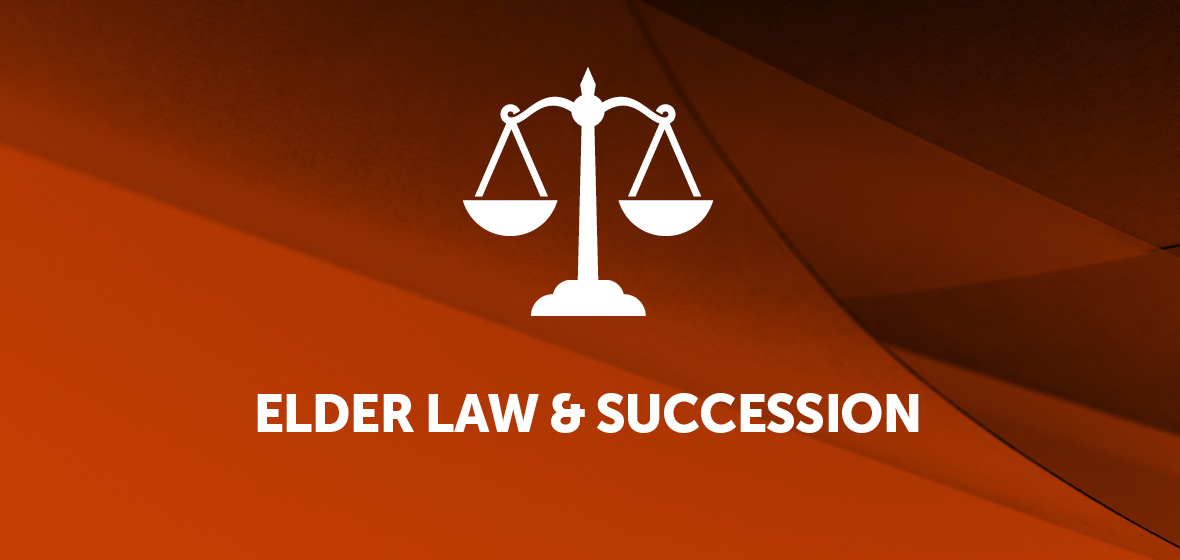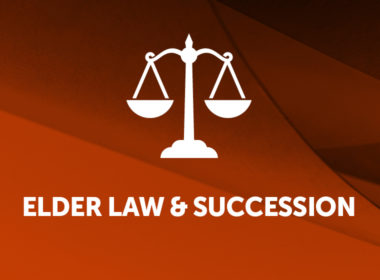Key decisions
- HBSY Pty Ltd v Lewis [2022] NSWSC 841
- Last v Lewis [2022] NSWSC 791
- A v X; Re Z [2022] NSWSC 971
- QNH [2022] NSWCATGD 9
- EB v GB (No 2) [2022] NSWSC 1011
Continuing liability of intermeddling and bankrupt executor
Marjorie Lewis died in 2008. There were five residuary beneficiaries of her estate: her brother Allan and his four children (including Anthony and Geoffrey). Allan and Anthony were named as the executors. Shortly after her death, Anthony contacted the aged care facility where Marjorie resided to recover her bond. The aged care facility sent a bond cheque to Anthony made in favour of the estate. Anthony paid the cheque to a company that he controlled as the major shareholder and a director. Less than two months later, the company entered into voluntary administration. Allan renounced executorship without taking a grant and Anthony did the same. Administration of the estate was granted to another of Allan’s sons, Geoffrey. Geoffrey sought repayment of the bond money. The company went into liquidation. Anthony declared bankruptcy. Geoffrey lodged a proof of debt explicitly omitting Anthony’s residuary share of the estate. The bankruptcy trustee assigned Anthony’s share of the estate to HBSY Pty Ltd. After Anthony was discharged from bankruptcy, he became the owner of all the shares in the assignee.
Geoffrey sought a declaration that the assignee was not entitled to Anthony’s share of the estate. The Court explained that if a person appointed executor takes non-trivial steps to administer the estate without a grant of representation, the person is an intermeddler. If an intermeddling person is not the appointed executor, the intermeddler becomes an executor de son tort (HBSY Pty Ltd v Lewis [2022] NSWSC 841 (Kunc J) at [38], [126]-[127]). Anthony acted as an intermeddler when he obtained the bond cheque knowing he was named executor in the will and explicitly represented himself as such (at [128]). He thereby acquired the obligations of an executor and could not renounce them without leave of the Court (at [39], [129], [133]).
Anthony breached his obligations to the beneficiaries of the estate by unilaterally transferring funds to a company of which Anthony was, at all relevant times, a director and majority shareholder and he stood to personally benefit from doing so (at [7]). Anthony was thereby liable to account for his breach (at [134]).
Various equitable principles may operate to bar, extinguish or release the estate’s obligation to distribute Anthony’s share to the assignee without his indebtedness to the estate being satisfied (at [7], [141]). However, the estate did not waive its right to pursue the equitable principles by proving in Anthony’s bankruptcy because the estate withheld Anthony’s entitlement from the amount it sought to prove. Any waiver only applied to the extent of the debt that was sought to be recovered (at [7], [151]–[152]). Moreover, Anthony’s debt was not extinguished because he engaged in a fraud or fraudulent breach of trust within the meaning of s 153(2)(b) of the Bankruptcy Act by unilaterally investing the bond cheque in his own company (at [7]).


